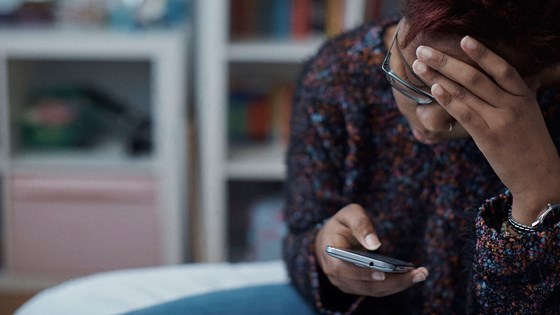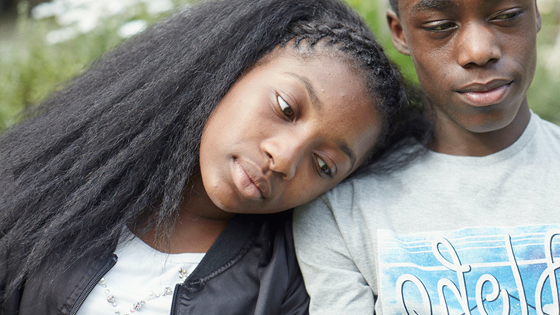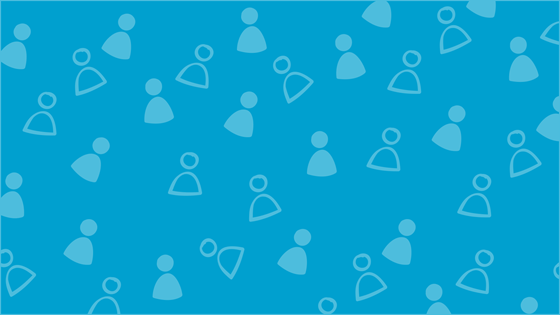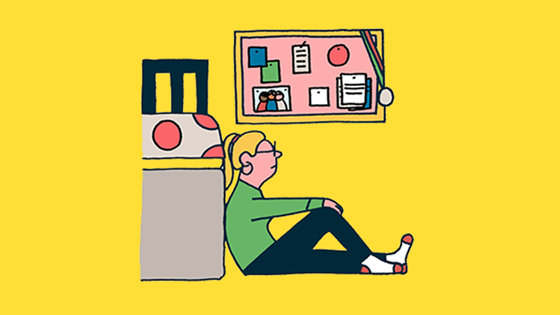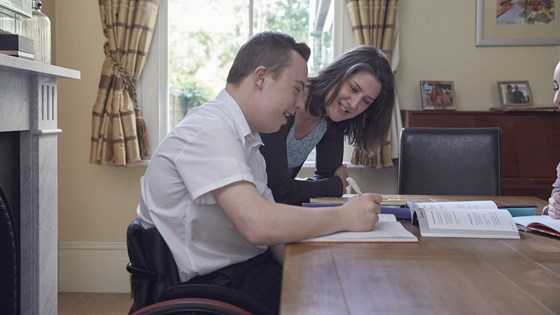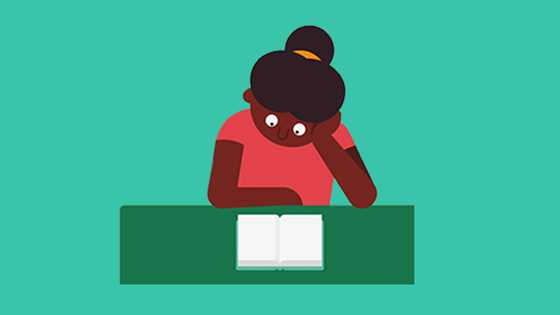Helping a friend with bulimia
It can be hard to help your friend if they have bulimia. People with bulimia sometimes get secretive. They might shut you out.
But you can still help them. Be supportive and don’t judge them. Knowing you’re there to help could mean a lot to your friend.
Help them take their mind off things by doing something together that you enjoy. You could go for a walk or go to the cinema, for example.
It’s also a really good idea to think of activities you can do with your friend after meal times. This can distract them so they don’t try to make themselves sick.
Try to compliment your friend on their personality rather than their appearance. This can really help them over time.
Find out more about helping a friend.


